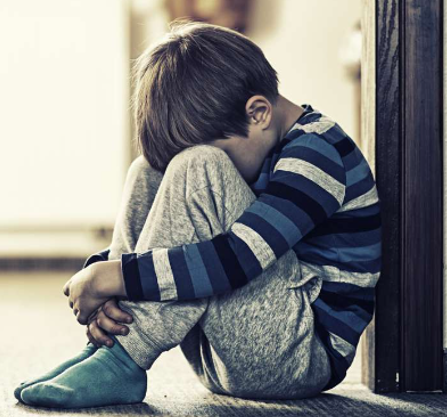Neglecting children
Neglect is a form of abuse where the abuser persistently fails to meet the child’s physical and/or psychological needs which are likely to have a negative impact on the child’s health or development. Children of alcohol or drug abusers are at a significantly increased risk of this form of abuse.
Neglect can involve:
- Not providing the child with adequate food, clothing or shelter
- Not protecting the child from physical danger or emotional harm
- Providing inadequate supervision or exposing the child to inadequate carers
- Not ensuring adequate access to medical care or treatment
Children who are being neglected may appear to:
- Be physically dirty
- Be smelly
- Wear unclean clothes
- Suffer from untreated medical problems including dental decay
- Wear clothing that is either inadequate or inappropriate for the weather
- Be constantly hungry or show a failure to grow or develop
- Suffer from recurrent infections or infestations such as scabies or head lice
Neglect can be either intentional or unintentional as every parent will have a different opinion on how they should raise their children. This does not affect the issue that neglect can lead to serious physical or psychological damage to the child.
Pharmacy staff are in an ideal position to witness and/or identify possible signs of abuse.
These signs may include:
- Administering medication overdoses - overdoses may become apparent where parents make excessive requests for repeat prescription medication.
- Administering medicine for no reason such as the use of sedative antihistamines when the child has no allergy symptoms in an attempt to make the child sleepy or laxatives when the child is not constipated.
- Parents who do not administer prescribed medication despite the child having a diagnosed medical condition.
- Adults administering their own medication to their child.
- Inappropriate smacking of a child whilst waiting in the pharmacy.
- Observation of suspicious bruises, scratches or other marks on the child.
- Observations of delivery drivers of conditions within the home when making deliveries such as the house being very cold, dirty, the child being inappropriately dressed or the children not being appropriately protected.
- Parents or carers who provide inaccurate information about medicines administered at home.
- Parents or carers who delay requesting medical help for an unwell child.
- Inappropriate use of the pharmacy to avoid visiting the GP or A&E.
- Requests for dressings for wounds in unusual places.
- The child being absent from school on a regular basis with no reasonable explanation.
Please note this list is not exhaustive and if you have concerns you should discuss them with your pharmacist.

